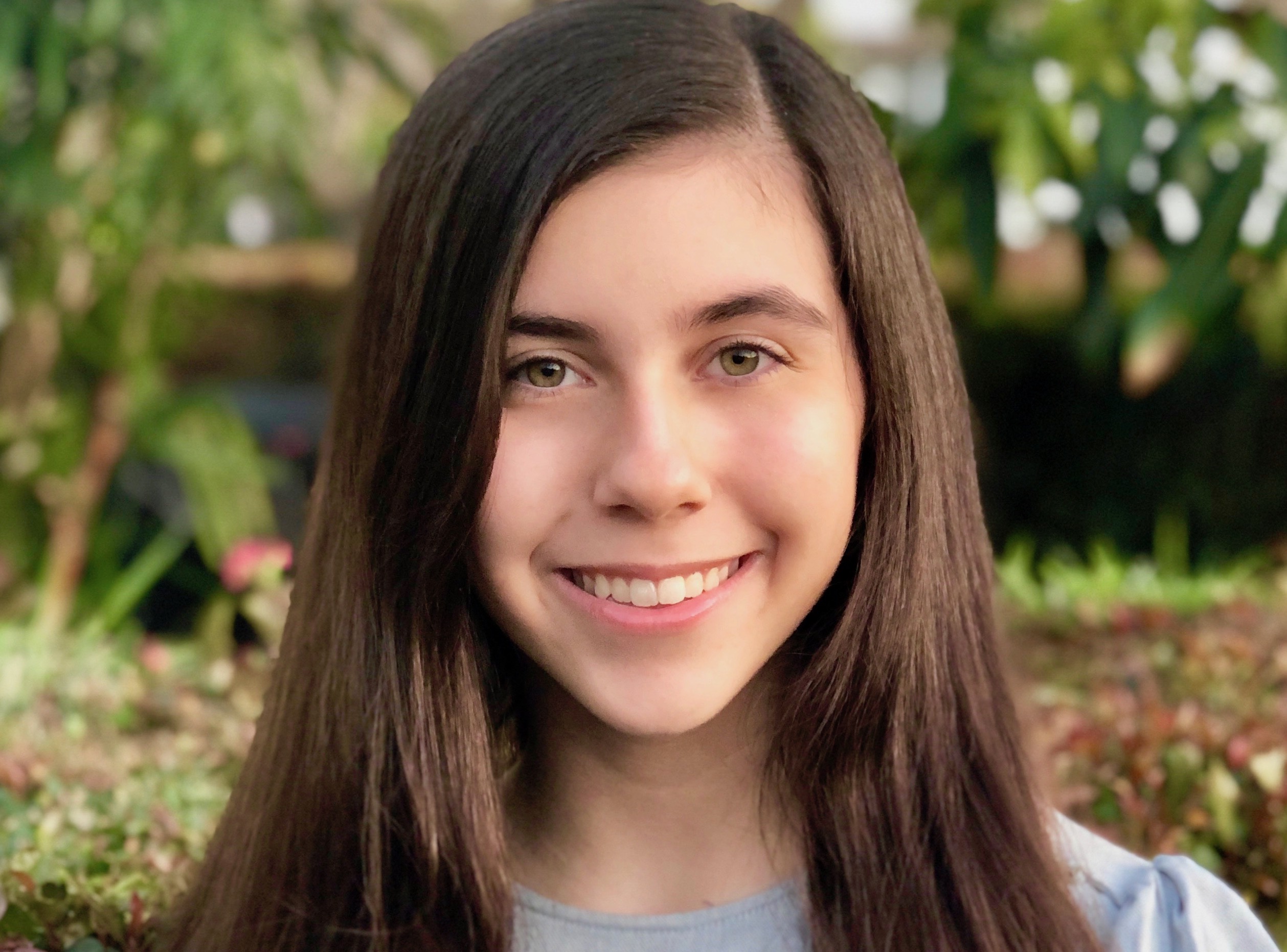Noelle's Essay

In 2024, the US Constitution does not explicitly outlaw the discrimination of 50% of the population. When women received the suffrage by law in 1920, no federal constitutional guarantee was put in place. The Equal Rights Amendment set to fix this by asserting that the rights of women shall be permanent. It took fifty years for the Amendment to pass the House, but after a homemakers' revolt and the conservative realignment under Reagan, the spotlight on this crucial protection passed.
As a high school student, I took every opportunity to make a meaningful impact advocating for women. I’ve worked with Generation Ratify, the youth-led movement to ratify the ERA, to file amicus briefs with the Supreme Court, to author op-eds, and to lobby congressional and senatorial offices to bring the ERA back into the political conversation. More importantly, however, I engaged with teens and young adults and organized walkouts to demonstrate the power young people have in our republic.
In the legal field, it is important not only to know how to make change theoretically but to enact change wherever injustice is present. With many specialties of law to choose from, the appeal of constitutional law attracts me as it can increase the well-being and rights granted to Americans who have been marginalized. This fact motivates me to study the intersection of public policy, the law, and women’s rights to advocate for women in the halls of Congress and the Supreme Court.
As an undergraduate student, I hope to continue my advocacy work while simultaneously gaining skills in how to create consequential change in all areas of social justice. I plan on attending a BA/JD Dual degree program to propel my career in roles within the government and nonprofit sectors. As a public policy major, I will participate in enriching classwork and undergraduate research programs that highlight the intersection of marginalization and system oppression. Since I hope to specialize in advancing women’s rights in the post-Roe era, my intended concentration in Gender and Sexuality would offer me the perspective of a feminist lens while undertaking undergraduate research and community advocacy in this arena.
With the scholarship provided by this program, I hope to have a greater ability to participate in internship programs both on a local level and at the nation’s capital. On a local level, I’d tackle critical issues in community advocacy with innovative policy solutions. In Washington DC, I hope to intern for some of the nation’s foremost legal advocacy organizations. The ACLU has a history of putting forth groundbreaking legal victories toward protecting reproductive rights. This advocacy is crucial during a time where abortion rights and in vitro fertilization (IVF) are under attack nationwide. Additionally, interning with feminist organizations such as Emily’s List and the National Organization for Women (NOW) will also allow me to gain a broader perspective on the critical issues facing women, beyond the few making the headlines.
I hope to attend law school in order to gain the skills necessary to advocate for women as a constitutional lawyer. Summer internships during my L2 and L3 summers will be crucial in order to secure myself a firm placement upon graduation. My past work in hands-on advocacy will prepare me for this experience as I will have been exposed to the nuances of reproductive rights and social justice policy more generally.
In my future legal career, I wish to engage in pushing boundaries specifically in advancing equal pay initiatives through district and circuit courts. Since the loss of Ledbetter v. Goodyear in 2007, little headway has been made in advocating for equal pay on a national judicial level. By litigating instances of pay discrimination on local and regional levels, I hope to advance cases to the nation’s highest court. While understandably much national attention has been pulled toward the lack of protections for reproductive care in America, the issue of Equal Pay has simply been overlooked. In 2024, women generally make 84 cents on the dollar, while women with minority backgrounds make far less. More work needs to be done on the local level to ensure companies conduct internal audits to ensure equal pay across genders and ethnicities. Additionally, greater legal aid needs to be provided towards those who have been discriminated against and need legal representation. As a future lawyer, I hope to work in providing this legal guidance to those experiencing pay discrimination in order to finish the work Lily Ledbetter started.
Additionally, in head-to-head comparisons between men’s and women’s salaries, women make only 92 cents of what a man would make. Thus, not only do courts need to do their part to strike down all protections for unequal compensation, but more women need to acquire
high-earning jobs, such as in the legal sector. While women are still underrepresented in the legal field in general (around 40%) and even more so in the subfield of Constitutional law (around 25%), I hope to trailblaze new fourth-wave feminism through the courts of the United States by advocating for women’s equal pay.
By studying the intersection of women’s rights and the law, coupled with advocacy experience in grassroots organizations, I hope to set myself up for a career fighting for women who have been treated unfairly by the systemic sexism upheld by America’s most powerful
institutions. Both my undergraduate and graduate education will set me up to achieve this goal, preparing me with the necessary tools to end the issue of equal pay once and for all. Until the Constitution enshrines the rights of women from undue harm, discrimination, and exploitation, I will continue my fight for constitutional equality.

